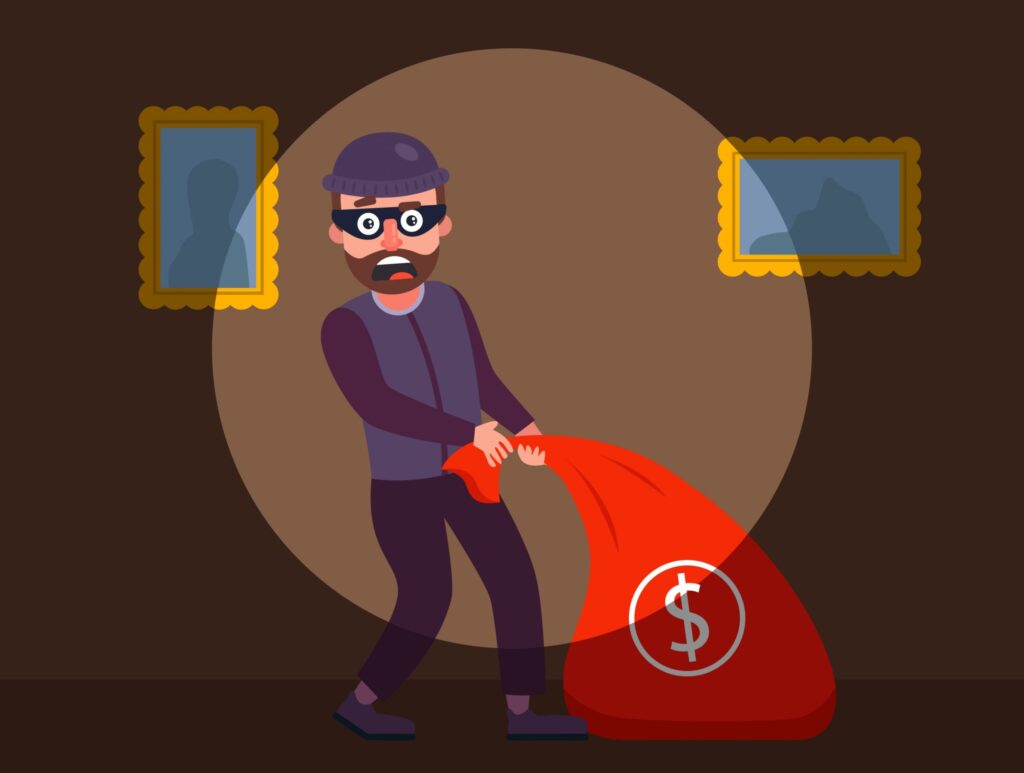Making a Citizen’s Arrest – A Good Idea?

The citizen’s arrest is a concept most of us are familiar with, probably from TV shows and movies. But is there really such a thing? It turns out that the citizen’s arrest is a real thing and is defined in statutes in most states including California. But is it a good idea for a legally armed citizen to execute one?
In California, the citizen’s arrest is defined in Penal Code 837. The code reads as follows:
CHAPTER 5. Arrest, by Whom and How Made [833 – 851.93]
( Chapter 5 enacted 1872. )
837.
A private person may arrest another:
- For a public offense committed or attempted in his presence.
- When the person arrested has committed a felony, although not in his presence.
- When a felony has been in fact committed, and he has reasonable cause for believing the person arrested to have committed it.
The wording is straight forward. The code was enacted in 1872, a time when response from law enforcement was likely hours or even days away. A time when life was probably much less complicated.
At first glance it appears the rules are pretty simple, what could go wrong? Probably about a million things. Remember, just because you can doesn’t mean you should. We make this point with concealed carriers and deadly force. You may be justified in a specific situation to use deadly force but that doesn’t mean you should.
Consider legal jeopardy, are you an expert in California laws? Do you know the difference between an infraction and a misdemeanor? A citizen’s arrest may be authorized for a misdemeanor but not for an infraction. A citizen who attempts an arrest when not authorized may end up being charged with a crime.
What about civil jeopardy? What if the arrestee is injured during the attempted arrest? What if it turns out the citizen’s arrest was not warranted? These situations are very likely to result in civil action against the citizen attempting the arrest. Is the risk worth it?
Finally, what if the subject of the citizen’s arrest doesn’t want to be arrested? Are you willing to use force? Are you willing to risk injury to yourself or others to execute your arrest? How will you control and detain a subject until law enforcement arrives?
The mission of law enforcement officers (LEOs) is different from that of armed citizens and because the mission is different the rules are different. LEOs have training in criminal law and placing uncooperative suspects under arrest. They have backup, authority, and qualified immunity. Armed citizens have none of these.
For these reasons and many more, executing a citizen’s arrest is a supremely bad idea. More generally for legally armed citizens, involving yourself in any dispute is usually a bad idea (not your circus, not your monkeys). Better to be a good witness and call the professionals unless you are directly threatened and have no means of escape. Be a responsibly armed citizen and be safe.
The right to self-defense is a basic human right. Gun ownership is an integral part of that right. If you want to keep your rights defend them by joining San Diego County Gun Owners (SDCGO) in San Diego, Orange County Gun Owners (OCGO) in Orange County, San Bernardino County Gun Owners (SBCGO) in San Bernardino County or Riverside County Gun Owners (RCGO) in Riverside. Support the cause by listening to Gun Owners Radio live on Sunday afternoon or on the internet at your leisure. Join the fight and help us restore and preserve our second amendment rights. Together we will win.
©2021 Joseph T Drammissi
This article and more of Joe’s work covering the Second Amendment as well as other topics can be found on Substack at https://getagrip.substack.com






